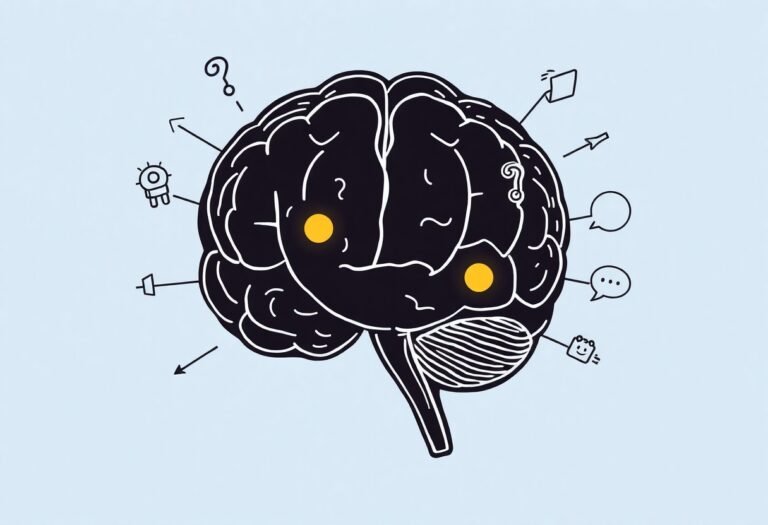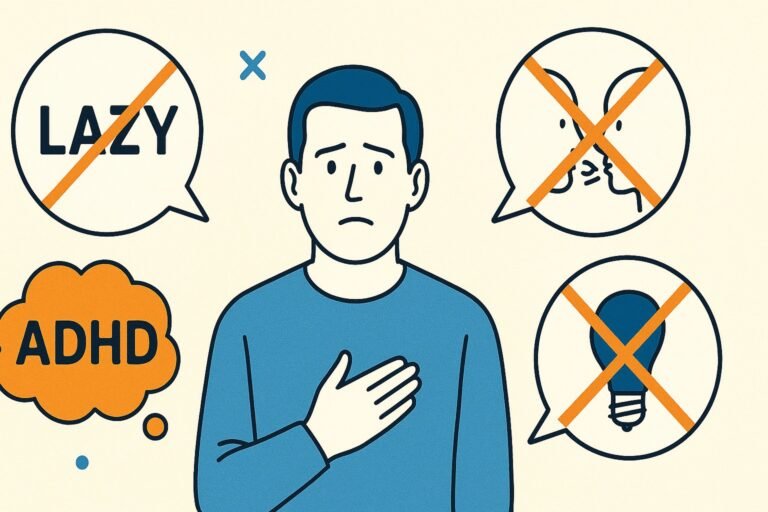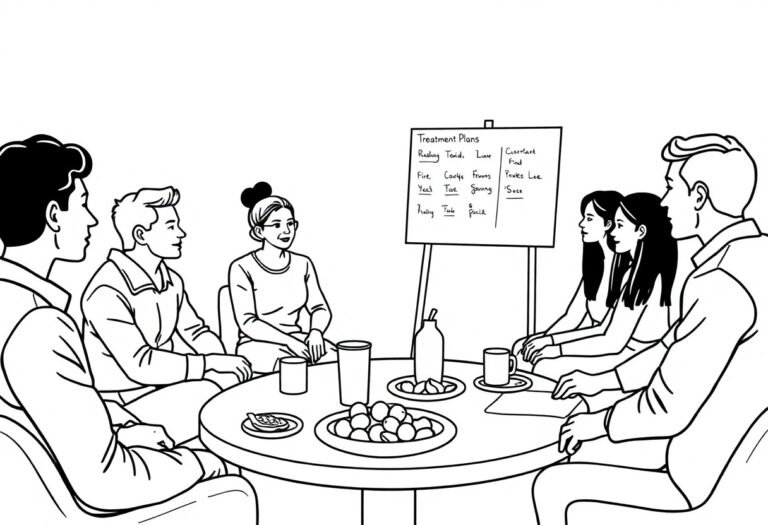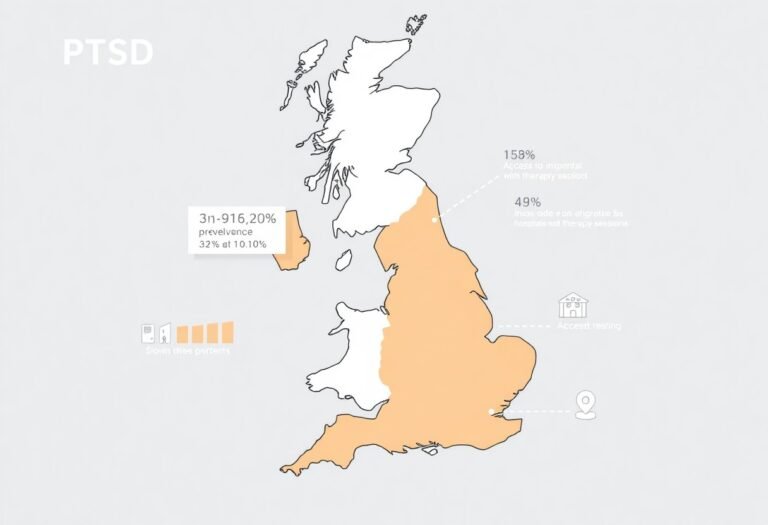Personality Disorders and Relationships – Challenges and Support
Over the course of your life, understanding personality disorders and relationships can be vital for fostering healthy connections. These disorders can present significant challenges, affecting communication and emotional intimacy. However, with the right support and strategies, you can navigate these difficulties. This blog post will provide insights into how personality disorders influence your relationships and offer practical advice for managing these challenges effectively.
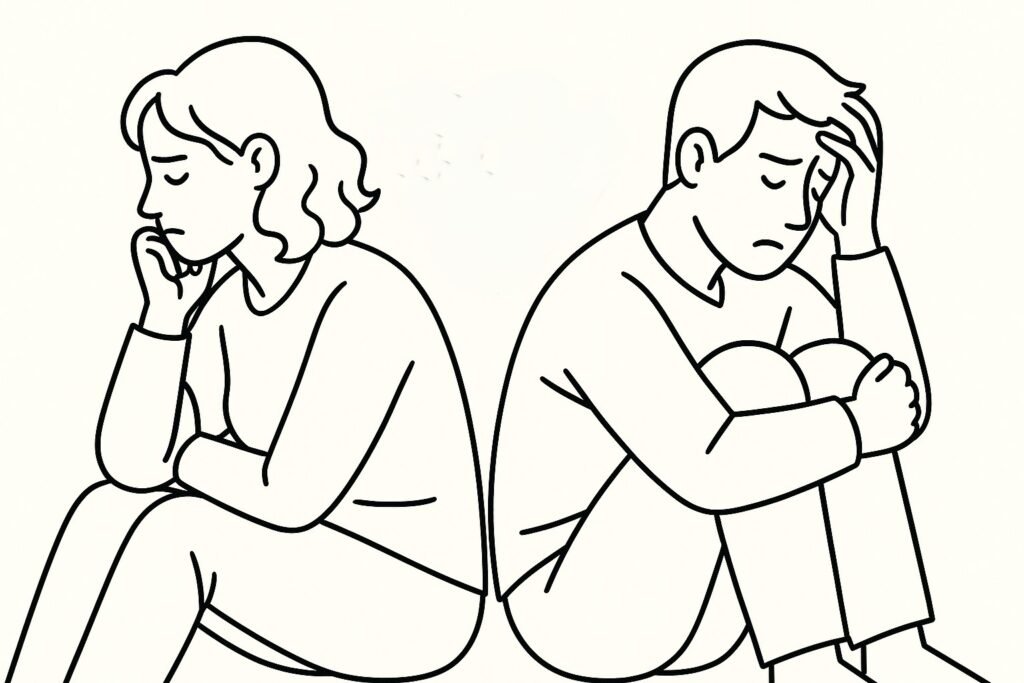
Key Takeaways:
- Understanding personality disorders enhances empathy and communication in relationships.
- Individuals with personality disorders may face challenges in emotional regulation and interpersonal interactions.
- Therapeutic support, including therapy and counselling, can greatly improve relationship dynamics.
- Establishing clear boundaries and consistent routines can help create a stable environment for all involved.
- Support networks, including friends and family, play a vital role in providing understanding and assistance.
Understanding Personality Disorders
Awareness of personality disorders is vital for grasping their impact on relationships. These disorders can shape how you think, feel, and behave, often leading to challenges in interpersonal connections. By gaining insight into these complex conditions, you can develop empathy for yourself and others affected.
Definition and Types
Along the spectrum of mental health, personality disorders refer to enduring patterns of behaviour and inner experiences that deviate from cultural expectations. Here are some common types:
| Borderline Personality Disorder | Characterised by intense emotions and instability. |
| Narcissistic Personality Disorder | Involves a grandiose sense of self and lack of empathy. |
| Antisocial Personality Disorder | Marked by disregard for others’ rights and social norms. |
| Avoidant Personality Disorder | Involves feelings of inadequacy and hypersensitivity to negative evaluation. |
| Obsessive-Compulsive Personality Disorder | Features a preoccupation with orderliness and control. |
Knowing the types of personality disorders can assist you in recognising signs in yourself or others, paving the way for better understanding.
Symptoms and Diagnosis
After acknowledging the types, you may wonder about the symptoms associated with personality disorders. These can range from erratic behaviours to emotional instability and difficulty in forming stable relationships.
Consequently, diagnosing personality disorders often involves a thorough evaluation which may include structured interviews and psychological assessments. Symptoms such as intense mood swings, impulsive actions, and difficulties with relationships often surface during the assessment process. It is imperative to note that early intervention can lead to improved outcomes and help you navigate the complexities of these disorders more effectively.
Impact of Personality Disorders on Relationships
While personality disorders can profoundly affect your relationships, you may find that their impact varies depending on the specific disorder and the individuals involved. Relationships often face challenges such as misunderstandings, emotional turmoil, and differences in communication styles, all of which can create significant tension. Understanding the dynamics at play is crucial for navigating these complexities and fostering healthier connections with those affected.
Communication Challenges
Besides the emotional strain, communication challenges often arise in relationships where personality disorders are present. You might struggle to convey your thoughts and feelings effectively, leading to misunderstandings and conflicts. This can manifest as difficulties in expressing empathy, a tendency to misinterpret messages, or an inability to engage in productive conversations, all of which can hinder relationship progress.
Emotional Dynamics
Personality disorders can significantly distort emotional dynamics in your relationships. These disorders often trigger intense emotional responses, making it hard for you to maintain a balanced relationship. You may experience fluctuations in feelings of love, anger, or fear, which can cause instability. Some individuals may unintentionally engage in manipulative behaviours or exhibit heightened sensitivity to perceived threats, leading to increased tension and conflict.
Personality Disorders and Relationships
Disorders like Borderline Personality Disorder can lead to rapid shifts in emotions, creating a rollercoaster of feelings that affect both you and your partner. If you find yourself in such a situation, it’s important to recognise these emotional extremes as part of the disorder, rather than a reflection of your character or intentions. Acknowledging these dynamics can be beneficial, allowing for open dialogue and the opportunity to develop healthy coping strategies together. Seeking therapy or professional support can also pave the way for more stable emotional interactions and improve the overall quality of your relationships.
Supporting Partners with Personality Disorders
Now, supporting your partner with a personality disorder can be both challenging and rewarding. Understanding their condition is imperative, as it allows you to provide the right kind of help and create a nurturing environment. By fostering empathy, patience, and open dialogue, you can strengthen your relationship and help your partner navigate their experiences more effectively.
Effective Communication Strategies
Strategies for communication with your partner should be both clear and compassionate. Use “I” statements to express your feelings and concerns, which can prevent defensiveness. Encourage your partner to share their thoughts without interruption, allowing them to feel heard and validated, strengthening your emotional connection.
Setting Boundaries
With your partner’s personality disorder, it’s imperative to establish firm boundaries that protect both your well-being and theirs. These boundaries help define acceptable behaviour and reinforce your needs within the relationship.
Another key aspect of setting boundaries is ensuring you communicate them clearly and consistently. This serves to eliminate confusion and create a sense of stability for both you and your partner. Be sure to adapt your boundaries as necessary, while maintaining a strong sense of self; if violations occur, address them immediately to reinforce their importance. Ultimately, healthy boundaries foster respect in your relationship, ensuring both you and your partner can grow and thrive together.
Self-Care for Partners
Your role as a partner to someone with a personality disorder can be both rewarding and challenging. It’s vital to prioritise your own self-care to maintain a healthy relationship. By focusing on your own emotional and physical well-being, you can better support your loved one while avoiding burnout. Engaging in activities that bring you joy and fulfilment will help create balance and resilience in your life.
Importance of Personal Well-being
Against the backdrop of supporting your partner, it’s imperative to nurture your personal well-being. Caring for someone with a personality disorder can be emotionally draining. Investing time in your health ensures that you have the strength to be there for them without compromising your own mental state.
Coping Mechanisms
About establishing effective coping mechanisms can significantly improve your ability to navigate the complexities of your relationship. Techniques such as mindfulness, regular exercise, and establishing personal boundaries can enhance your resilience and foster a positive environment.
Wellbeing strategies play a pivotal role in managing the emotional demands placed on you. Engaging in mindfulness practices can help ground your thoughts, while physical activity serves as a natural stress reliever. Establishing clear boundaries is imperative to maintaining your own mental health; it allows you to define what is acceptable behaviour. Additionally, don’t hesitate to seek support from friends, family, or professionals, as connecting with others can provide valuable perspectives and alleviate feelings of isolation.
Professional Help and Resources
Unlike other mental health issues, personality disorders often require specialised intervention. Engaging with trained professionals can make a significant difference in managing symptoms and improving your overall well-being. Therapists and psychiatrists not only offer tailored treatment options but can also help you to navigate the complexities of relationships affected by these disorders. Seeking help from knowledgeable sources is an imperative step towards healing and understanding.
Therapy Options
By exploring different therapy options, you can find the best fit for your needs. Common approaches include cognitive behavioural therapy, dialectical behaviour therapy, and schema therapy, each tailored to address specific challenges associated with personality disorders. A therapist can help you develop coping strategies, enhance communication skills, and foster healthier relationships.
Support Groups
To further enhance your journey, support groups can provide invaluable peer interaction and understanding. Connecting with others facing similar challenges can offer comfort and shared insights, allowing you to feel less isolated. These spaces encourage open conversations, enabling you to express emotions and learn from others’ experiences.
Professional support groups are designed to create a safe environment where you can share your struggles and successes with others who truly understand your journey. In these groups, you can gain practical advice and learn about helpful coping strategies while also cultivating a sense of community. The connections made here can foster emotional resilience and boost your confidence in managing your condition, thus improving both your self-perception and relationships.
Navigating Conflict in Relationships
Many individuals find that navigating conflict in relationships can be a daunting task, especially when personality disorders are involved. Understanding the unique behavioural patterns associated with these disorders can help you manage disagreements more constructively. Open communication and empathy, when practised diligently, can significantly reduce misunderstandings and foster healthier interactions.
Conflict Resolution Techniques
Along with effective communication, employing conflict resolution techniques can lead to more positive outcomes in your relationships. Techniques such as active listening, acknowledging feelings, and seeking common ground can help you and your partner navigate disagreements more smoothly. It’s important to avoid blaming and instead focus on collaborative problem-solving for better relationship dynamics.
Building Resilience
Relationships often face challenges, but building your resilience is vital for lasting connections. Strengthening your emotional well-being and maintaining a positive outlook can empower you to overcome difficulties together. Practising self-care, establishing support networks, and developing coping strategies will bolster your ability to handle conflicts more effectively, ultimately enhancing the strength of your relationship.
Conflict can arise unexpectedly, but with the right approach, you can turn challenging situations into opportunities for growth. Developing resilience means learning to adapt and rebound from setbacks. Focus on cultivating a positive mindset, practising self-reflection, and enhancing your emotional intelligence. This will help you to not only cope with conflict but also strengthen your bond with others through shared experiences and mutual understanding.
Final Words
Considering all points, navigating relationships can be particularly challenging when you or a loved one is dealing with personality disorders. Understanding the complexities of these disorders can empower you to provide better support and cultivate healthier connections. It is vital to approach these situations with empathy, establishing open communication and professional guidance where necessary. By fostering a supportive environment, you can enhance your relationship dynamics and work towards positive outcomes despite the hurdles posed by personality disorders.
FAQ
Q: What are personality disorders, and how do they affect relationships?
A: Personality disorders are a group of mental health conditions characterised by enduring patterns of behaviour, cognition, and inner experience that deviate from cultural expectations. These patterns can significantly influence how individuals relate to others, leading to misunderstandings, conflicts, and difficulties in forming and maintaining close relationships. Individuals with personality disorders may struggle with emotional regulation, empathy, and social interactions, which can create challenges in both personal and professional relationships.
Q: What types of challenges might someone with a personality disorder face in their relationships?
A: Individuals with personality disorders may face various challenges, including difficulty in understanding and expressing emotions, fear of abandonment, distorted self-image, or irrational beliefs about others. These issues can lead to problematic patterns such as idealising or devaluing partners, avoiding intimacy, or being overly dependent. Additionally, their reactions to stress or perceived threats can cause turmoil, making conflict resolution and effective communication more challenging.
Q: How can partners support someone with a personality disorder?
A: Supporting a partner with a personality disorder requires patience, empathy, and understanding. Open communication is crucial, as well as educating oneself about the specific disorder to better comprehend the behaviours and reactions involved. Encouraging professional help, such as therapy, can also be beneficial. It is important for partners to establish healthy boundaries, recognise their own needs in the relationship, and practice self-care to maintain their well-being while providing support.
Q: What role does therapy play in managing personality disorders within relationships?
A: Therapy can play a significant role in managing personality disorders, providing both individuals and couples with the tools needed to navigate the complexities of their relationship. Therapists can help individuals gain insight into their behaviours and thoughts, learn coping strategies, and develop healthier interaction patterns. Couples therapy can improve communication skills, enhance mutual understanding, and facilitate conflict resolution, ultimately leading to healthier and more fulfilling relationships.
Q: Are there any resources available for couples dealing with personality disorders?
A: Yes, there are various resources available for couples facing the challenges of personality disorders. Books, online forums, and support groups can provide valuable information and shared experiences. Mental health professionals can also suggest targeted resources and therapeutic techniques. Additionally, organisations dedicated to mental health often offer workshops, seminars, and counselling services aimed at helping couples navigate these issues together.


